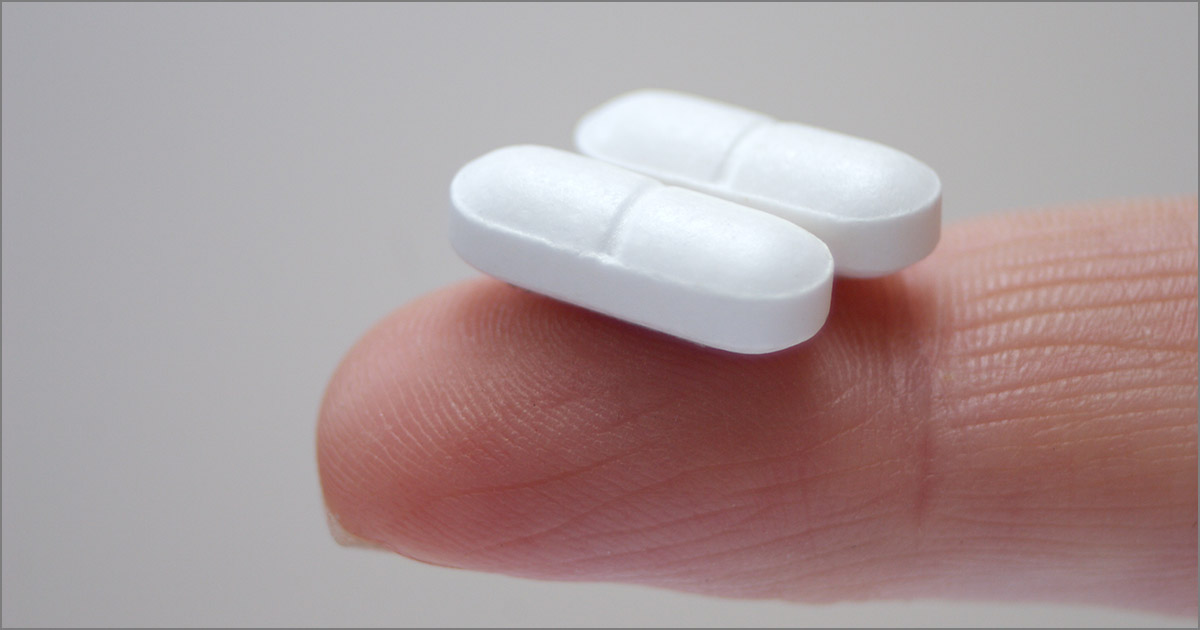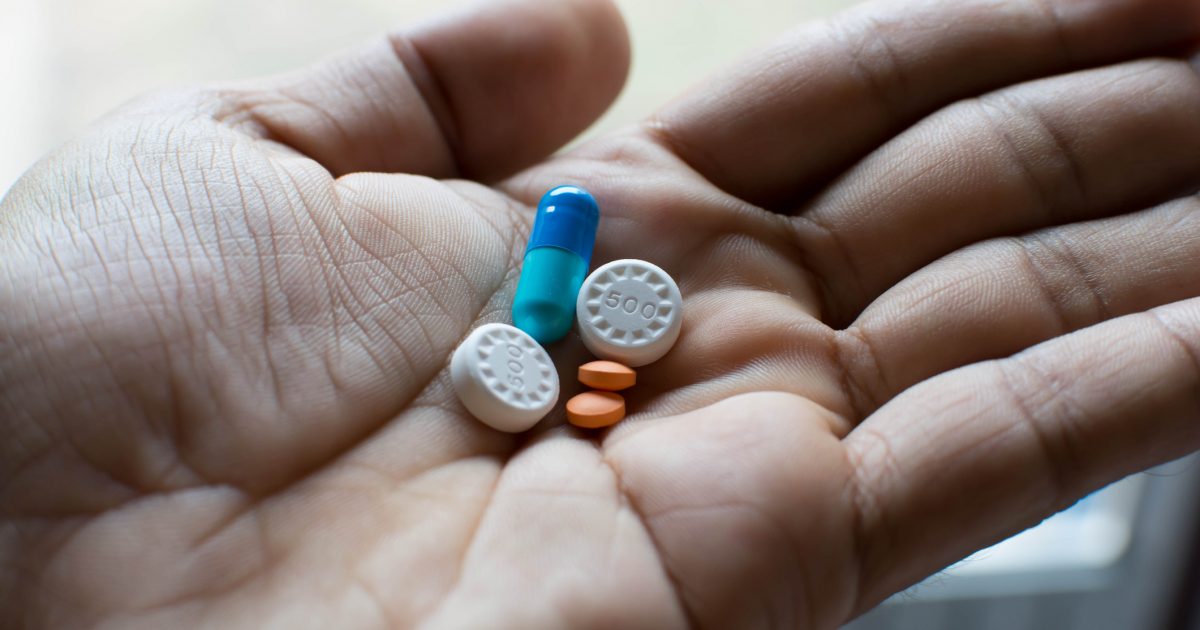Guide To The Prevention And Treatment Of Measles
Take Fever Medication

Measles patients can take fever medication to help treat any symptoms they may be experiencing as a result of a high fever. While any body temperature above 98.6 degrees Fahrenheit is considered elevated, a temperature exceeding 100.4 degrees Fahrenheit is considered a significant fever. An affected individual's immune system raises their body temperature in an effort to kill off the measles virus. Measles patients may experience symptoms such as headaches, rapid heart rate, lightheadedness, sore eyes, dehydration, nausea, vomiting, sweating, chills, muscle aches, loss of appetite, and general weakness as a result of their high fever.
Any temperature above 104 degrees Fahrenheit is dangerous and requires the use of fever-reducing medication to prevent serious complications such as febrile seizures, severe dehydration, hallucinations, and delirium. Infants, children, the elderly, those affected by an autoimmune disease, or those who have cancer are the most vulnerable to these dangerous complications of a high fever caused by the measles.
Get more details on treating the measles effectively now.
Try Antibiotics

A physician may want to try antibiotics as part of the treatment of measles, though antibiotics do not have the capability to kill viruses the same way they can kill bacteria. This is because the mechanisms each of them use to replicate and survive in the human body are different. However, the measles makes an affected individual extremely susceptible to developing dangerous bacterial infections such as pneumonia and otitis media. This susceptibility occurs because the patient's immune system is overwhelmed with fighting off the measles virus. Pneumonia is a bacterial infection characterized by fluid buildup in the alveoli of the lungs. Most deaths that occur due to the measles are caused by a secondary pneumonia infection. Ear infections secondary to measles are also fairly common in individuals who are infected. The administration of antibiotics either orally, intravenously, or with an injection can help with the prevention of potentially deadly complications. Not only can these infections be deadly, but they also cause the patient to experience painful and harsh symptoms that prolong their recovery time.
Learn more about effectively treating measles now.
